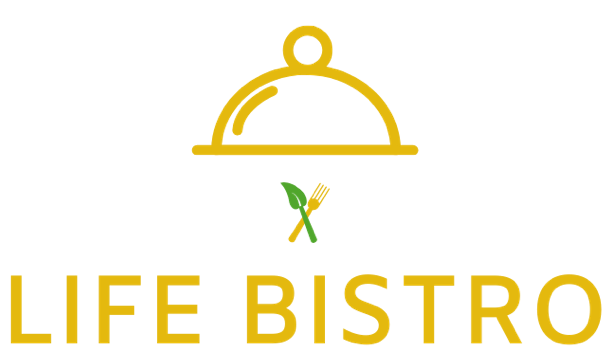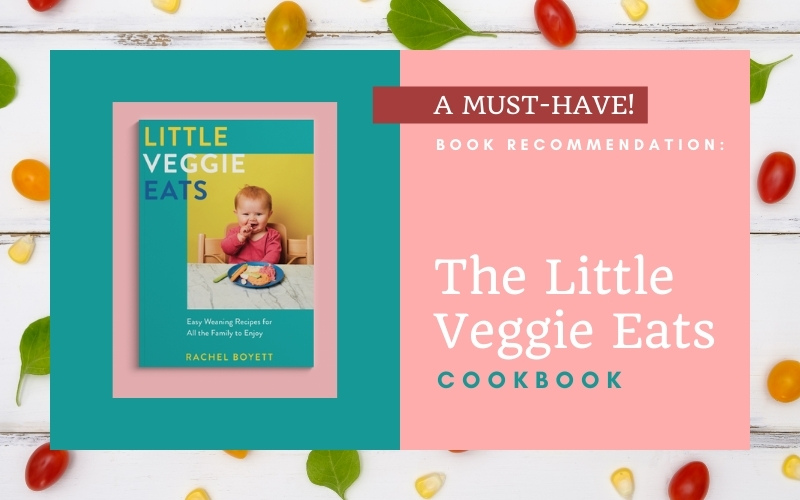Are you looking to support your family with a vegan or vegetarian diet, but don’t know where to start? That’s understandable. In this day in age, there are hundreds upon hundreds of articles that detail the pros and cons for both lifestyles and diets, and sometimes they even provide tips and list what types of foods are okay and which are off-limits.
But, are you looking to take things one step further? Hunting for an actual guide or cookbook that lays out tons of great recipes that the entire family can enjoy to make the switch seem more realistic and doable? Well, there is and it’s called the Little Veggie Eats Cookbook by Rachel Boyett. Centered around healthy, vegan, and vegetarian options for the whole family while specifically catering to infants to ensure they get all the necessary nutrients they need.
Looking for a place to start and want to ensure the entire family is taken care of, keep on reading. This article explores what the cookbook has to offer and also provides some discussion on the pros and cons of both a vegan and vegetarian lifestyle.
What Is The Little Veggie Eats Cookbook All About?

Rachel Boyett is a mother who wanted to craft a cookbook and guide that can help mothers, and families like her make sure their families get all the nutrients they need in a delicious meal. The cookbook is filled to the brim with helpful tips and tricks when it comes to making snacks and meals for your infant.
Finding creative ways to break the traditional mold and incorporate vegan and vegetarian lifestyles, the cookbook is a superb way to make the process as seamless as possible and even a little fun along the way.
Vegetarian vs. Vegan
Simply put, a vegetarian diet and a vegan diet are similar but what makes them different varies widely. Vegetarian diets primarily involve refraining from eating meat, but can still incorporate certain types of animal products like dairy. Vegetarianism seeks to move towards a plant-based diet by completely cutting out meat.
There are variations of the vegetarian diet like the ‘flexitarian’ diet that does not completely cut out meat, instead just cuts back significantly on their consumption of meat. Some variations are more flexible or strict than others, but all in all, the vegetarian diet consists of maintaining almost a completely plant-based diet.
Veganism takes things a step further than vegetarianism by completely eradicating animal products like meat, eggs, dairy, and poultry from the diet. Unlike vegetarianism, there is little variety when it comes to what you can do as a vegan as the diet and lifestyle are very cut and dry. But, like vegetarianism, there are tons of benefits for both yourself and the environment by adopting this lifestyle.
What Are The Benefits Of A Vegetarian Diet?
There are a wide variety of benefits for transitioning over to a vegetarian diet. Among some of the most notorious benefits are weight loss, lowered risk of chronic disease, and the environmental and ethical benefits it has for the rest of the world.
Whether you are choosing to switch to a vegetarian diet for health or to preserve the longevity of the environment, there are loads of reasons on how it can benefit your life in the short and long term.
Risks
Although there are many benefits to vegetarianism, there are some pitfalls that come with transitioning to the diet. Some of the risks associated with a vegetarian diet are a lack of certain nutrients, lack of choice and convenience, and the struggles of adopting a new lifestyle and diet.
There are ways to get around some of these risks like the lack of nutrients by supplementing your diet with certain key vitamins and minerals, but it is harder to manage. Make sure to do the proper research and talk with your doctor to discuss proper techniques for transitioning to a new diet.
What Are The Benefits Of A Vegan Diet?

When it comes to transitioning to veganism, it can be a difficult journey but it is well worth it in the end. There are numerous benefits to adopting a vegan lifestyle that includes things like weight loss and reduced risk for serious illness.
Veganism also emphasizes the welfare of both animals and the environment and is becoming more widely accessible since access to plant proteins has become more readily available.
Risks
Similar to vegetarianism, there are some shortcomings of the vegan diet which include factors like a lack of nutrients readily available in the diet, increased weight loss leading to weight gain, and relying on other sources of protein can bring discomfort.
Swapping to a different diet and, in this case, lifestyle can be a tough process as you work to break habits and adopt new ones, but the light at the end of the tunnel is truly glorious.
Final Thoughts
Whether you are looking to adopt a vegan or vegetarian diet for yourself and the rest of your family, there are tons of great resources online that can kick start your journey. Little Veggies Eats is one cookbook among hundreds that offers creative and unique suggestions for helping your baby adopt a vegan or vegetarian lifestyle without missing out on key nutrients for development.
Gaining a foothold on a solid foundation while adopting a new diet is key to achieving long-term success. Get started on the right foot and experience success with your lifestyle journey!


